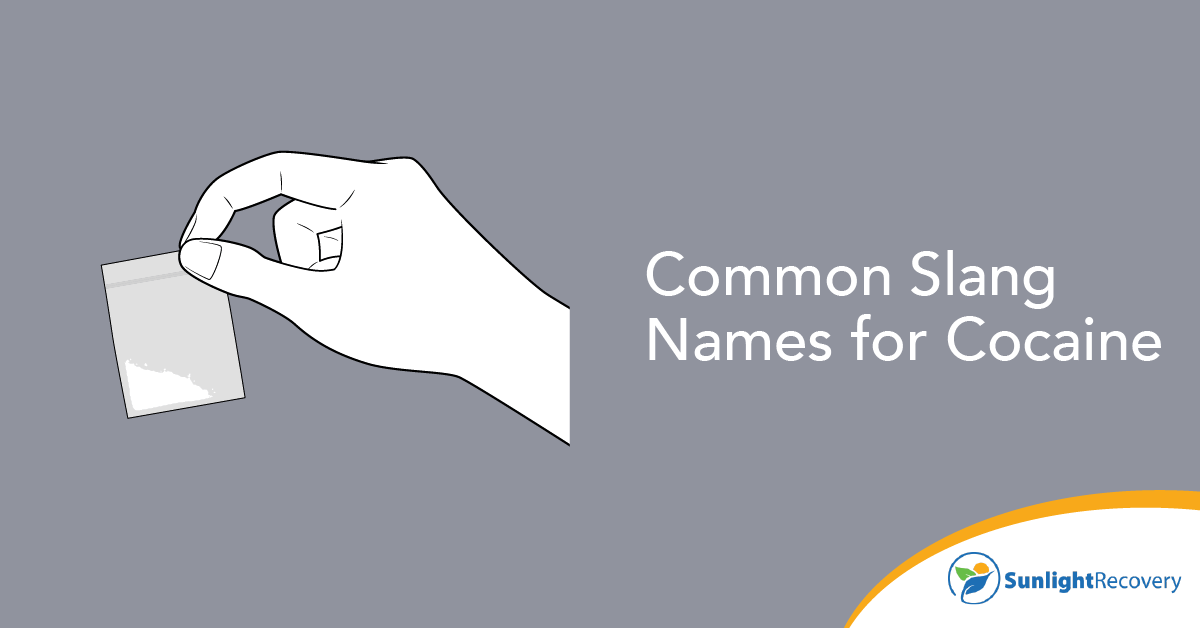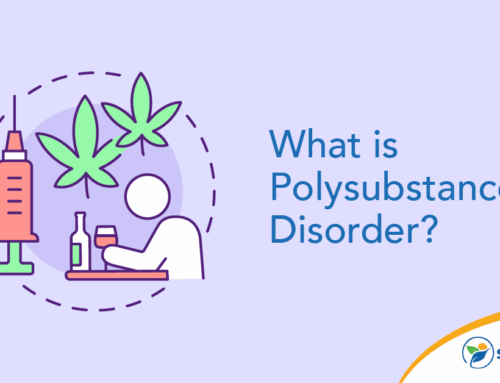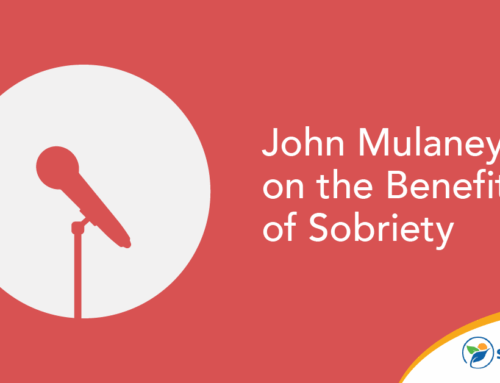As it’s a Schedule II substance in the United States, cocaine use can result in lengthy prison sentences. To avoid unwanted attention from authorities and family members, drug users and sellers frequently use slang terms to discuss and exchange substances discreetly. When it comes to a drug like cocaine, street names range from thinly veiled nicknames to the downright creative.
Understanding Cocaine Abuse
Cocaine is a powerful stimulant derived from the coca plant. The drug typically appears as a white, powdery substance users inhale through their nostrils. However, it can also be injected or smoked as crack cocaine (a cheaper and faster-acting derivative). Due to its addictive nature, cocaine is commonly associated with significant health risks and consequences, including heart problems, mental health disorders and even death.
While its popularity has been gradually decreasing, cocaine use remains widespread. According to the Substance Abuse and Mental Health Services Administration (SAMHSA), approximately 5 million people aged 12 or older reported cocaine use within the past 12 months in the United States alone.
Due to cocaine’s impact on the brain’s reward system, addiction can develop quickly. The drug’s initial effects may seem pleasurable, but it often leads to physical and emotional health issues. Users are at an increased risk of cardiovascular problems, even those who are otherwise healthy. Regular use can also damage the respiratory system and nasal passages, including permanent injury in some cases. Mentally, cocaine can cause anxiety, irritability and even episodes of paranoia.
Most Common Cocaine Street Names
Drug slang terms constantly evolve, often adapting to culture, media and social groups. Some popular slang terms for cocaine include:
- Coke. The most widely recognized term is derived directly from the word “cocaine.”
- Snow. Cocaine often appears as a white, powdery substance.
- Blow. This term is tied to cocaine’s typical method of consumption.
- Nose candy. It’s a playful yet harmful term that glamorizes cocaine use by implying it’s enjoyable or harmless.
- White girl/white lady. These terms use gendered language to obscure the drug’s identity in conversation, similar to how cannabis is sometimes referred to as “Mary Jane.”
- Powder or dust. This term is used to reference the drug’s powdery consistency.
- Yayo. Common in Hispanic communities, this term is derived from Spanish slang.
- Charlie. The popular term primarily used in the United Kingdom is derived from the phonetic alphabet.
Why Use Illicit Substance Nicknames?
Historically, criminal activity has always relied on using some type of coded language. Likewise, slang names for drugs like cocaine generally develop out of a need for discretion. People who use or sell drugs often believe using alternative terms helps avoid unwanted attention when out in public.
Using these terms can also make drug use seem less serious or intimidating, especially among casual users. Calling a substance something playful, such as “nose candy,” may downplay the real risks. Over time, these terms and the use of substances associated with them can become normalized in certain social circles.
Additionally, slang creates a sense of camaraderie among drug users. Using a secret language may create a bond among people participating in similar activities. But this sense of connection can also contribute to increased substance use and make it harder to seek help. An individual may want to stop using drugs but may hesitate out of worry about potentially losing their social network.
The Risks of Cocaine Use: Understanding the Impact
Cocaine is among the most potent and dangerous illicit substances in the country. According to the CDC, cocaine-related overdoses claimed the lives of over 29,572 Americans in 2023 alone.
Cocaine use poses serious health risks, even when used infrequently. In the short term, it can lead to an elevated heart rate, increased blood pressure and dilated pupils. Users may also experience symptoms such as restlessness, insomnia, tremors, nausea and a loss of appetite. Long-term use can result in heightened anxiety or paranoia, which in some cases may escalate to aggressive behavior.
Additionally, because cocaine provides only a brief high, the urge to keep using can lead someone toward dangerous binge behaviors. Long-term use may alter brain structure and function and impair a person’s cognitive ability,
Because cocaine is a powerful stimulant, it strains the heart and circulatory system. Long-term use can lead to heart conditions and other chronic issues. People who regularly abuse cocaine may also experience respiratory problems and damage to nasal passages from snorting.
The version of the substance sold on the streets is rarely pure. Instead, it’s mixed with substances to boost dealer profits. Common additives include baking soda or talcum powder. However, sellers may also cut their drugs with more dangerous chemicals, such as fentanyl (the synthetic opioid responsible for numerous overdose deaths).
How to Recognize Cocaine Abuse and Seek Help
Cocaine users often exhibit behavioral changes, such as heightened agitation, restlessness and speaking too fast. They may display secretive behavior or sudden changes in social circles. Individuals struggling with cocaine addiction may show signs like dilated pupils, noticeable weight loss and chronic nosebleeds.
While under the drug’s influence, users may display agitation or mood swings. Some people may alternate between high energy levels and periods of depression or irritability. Keeping a cocaine habit is expensive, so users often experience financial difficulties they can’t clearly explain. After a while, individuals addicted to the drug become unreliable and can start missing work.
Early recognition of these signs could contribute to preventing serious long-term consequences. While cocaine is highly addictive, recovery is possible. Professional treatment can significantly improve outcomes. Treatment options range from in-patient rehabilitation to intensive outpatient programs. Individuals can also find support in the rooms of peer support, such as Cocaine Anonymous.
Finding Freedom From Cocaine
Are you researching slang terms for drugs out of worry for your or a friend’s well-being? You don’t have to navigate this challenge alone. Our team can help you address the challenges of addiction, guiding you step-by-step toward life free from illicit substances. Contact Sunlight Recovery today to speak with someone who truly understands.






